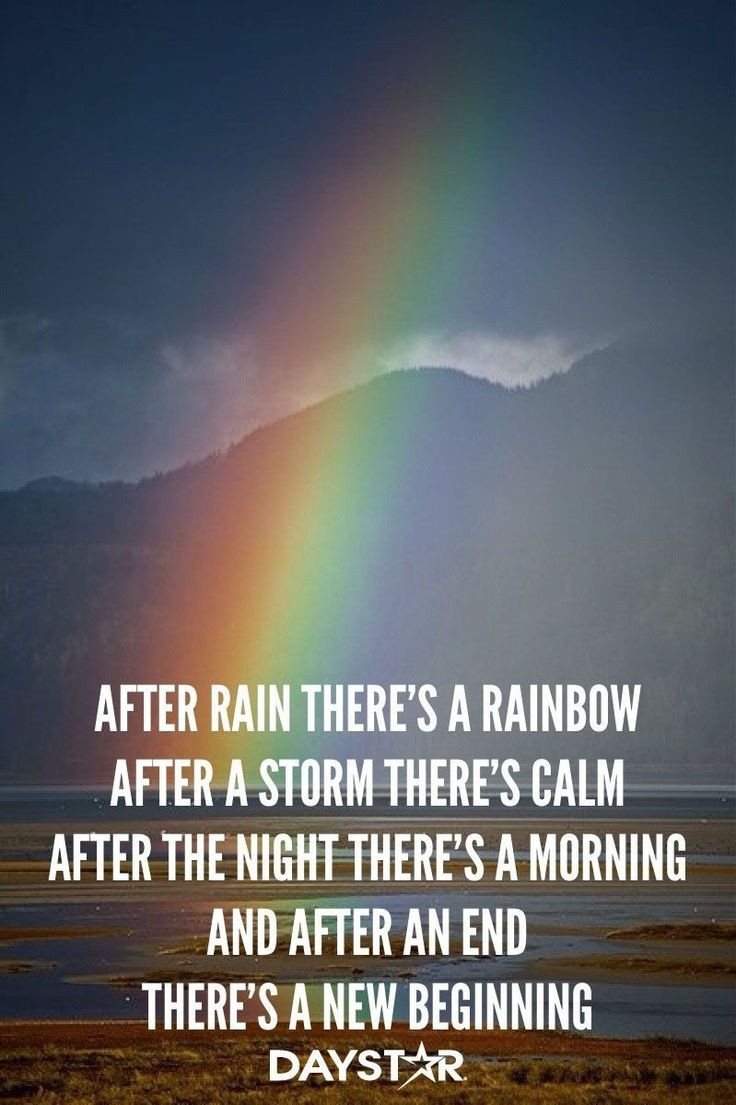Understanding Growth Through Adversity
The phrase "ruin is the road to transformation" carries profound wisdom about the nature of growth and change. It suggests that moments of failure, loss, or destruction often serve as catalysts for deep transformation.
Whether in relationships, careers, or personal lives, the most challenging and devastating experiences can be the very moments that push us toward growth and renewal. But what does this really mean, and how can we apply this concept to our own lives?
When we face ruin, whether it’s the collapse of a dream, a relationship, or even a part of our identity, it can feel like the end. In these moments, it's natural to feel overwhelmed by pain, uncertainty, and fear. However, this concept reminds us that ruin is not just an ending—it is also a beginning. It is the destruction of something that no longer serves us, creating space for something new to emerge.
Often, it’s in the aftermath of ruin that we are forced to confront our deepest selves. The security blankets we’ve relied on—whether they are external successes, relationships, or identities—are stripped away, leaving us exposed. It’s in this raw state that true transformation can occur, because we are compelled to rebuild from the ground up.
Historically, transformation is often preceded by destruction. Think of natural examples like forest fires that clear away dead trees and brush, allowing for new life to flourish. The same can be true for us on a personal level. The end of one chapter forces us to reflect, reassess, and ultimately rebuild something stronger and more aligned with who we are becoming.
In Hinduism, the deity Shiva represents both destruction and creation, embodying the belief that something must be dismantled for new life to take its place. This cycle of death and rebirth is also seen in many other belief systems, reinforcing the idea that the collapse of old structures is essential for transformation.
In moments of personal ruin, people often discover strength, resilience, and wisdom they never knew they had. These experiences force us to let go of what no longer works and to face the truth of who we are and what we want out of life. The painful process of letting go can reveal our deeper values, helping us to refocus on what truly matters.
The process of transformation through ruin can also help us develop a deeper sense of empathy and understanding for others. Having gone through hardship, we often become more compassionate and open to the struggles of others, building a richer, more connected life.
Throughout history and in popular culture, we find countless examples of individuals who experienced profound ruin only to rise from it stronger and transformed:
J.K. Rowling is famous for having been rejected by multiple publishers, going through poverty and struggles as a single mother before becoming one of the world’s most successful authors. Her "ruin" ultimately led her to create the transformative world of Harry Potter, which became a global phenomenon.
Steve Jobs, after being ousted from Apple, the company he co-founded, described his public failure as one of the best things that could have happened to him. It allowed him to rediscover his passion for innovation and eventually return to Apple to lead the company to unprecedented success.
Nelson Mandela, after spending 27 years in prison, emerged not as a broken man but as a transformed leader, ready to lead South Africa through a peaceful transition from apartheid to democracy. His personal "ruin" became a foundation for global change and reconciliation.
These stories highlight the power of ruin not just as an obstacle, but as a pivotal turning point toward transformation. Each individual faced devastating setbacks but used those experiences as fuel for profound personal and professional growth.
How to Embrace Ruin in Your Own Life
1. Acceptance: The first step in navigating ruin is accepting that it has happened. Rather than resisting or denying it, acknowledge that this is part of the journey and a necessary step toward something new.
2. Reflection: Take time to reflect on what the ruin reveals. What no longer serves you? What needs to be left behind in order for you to move forward? This is a crucial step in understanding the purpose behind the destruction.
3. Letting Go: One of the hardest parts of transformation is letting go of old patterns, people, or beliefs that no longer align with your new path. This might mean releasing comfort zones, toxic relationships, or limiting mindsets.
4. Rebuilding: After reflection and letting go, begin rebuilding. This part of the process may take time, and it’s important to be patient with yourself. Transformation is gradual, but with each step, you are creating something more authentic and aligned with who you are becoming.
5. Embracing Vulnerability: Transformation requires vulnerability. Being open to failure, uncertainty, and discomfort is essential for growth. Recognize that vulnerability is a strength and that it allows you to deepen your connections with others and with yourself.
While ruin is often viewed negatively, the phrase invites us to reframe our thinking. Instead of seeing failure or destruction as final, we can see it as an integral part of our evolution. Ruin is the breakdown of what was, allowing us to rebuild ourselves and our lives in a more authentic and powerful way.
By embracing ruin as a part of life’s natural cycle, we can approach challenging times with resilience, knowing that transformation is on the other side. It is through these experiences that we grow, not just into stronger individuals, but into the most authentic versions of ourselves. Ruin, though painful, is the fertile ground from which transformation and new beginnings can flourish.
